Introducing Björn Steinbrink
*Mic on* and let’s go! 🎙️
We sat down for a chat with one of our sleep experts, Björn Steinbrink.
Björn is a certified sleep coach who’s dedicated his life to helping people sleep better, and he works primarily with athletes and health professionals in Germany.
But he’s also the founder of the online sleep platform Fit For Sleep [1], a keynote speaker and presenter, and the author of Der Schlaf* Wahnsinn (The Sleep Madness), which takes a closer look at the modern sleep industry.
As one of the leading experts on sleep in Germany, he has a lot of priceless information to share.
But our own main topic of conversation was how we can all experience good sleep. 😴
So let’s get started.
How do you determine the quality of your sleep?
To start off, we wanted to figure out how we can best determine the quality of our sleep.
How do you recognise good sleep?
Most people believe they’re experiencing good sleep when they’re free from discomfort and sleep disorders.
But the unfortunate reality is that we could all actually sleep much better than we currently do.
This can largely be attributed to the stresses of modern-day life, insufficient time for recuperation, lack of physical activity, and poor dietary choices. 😔
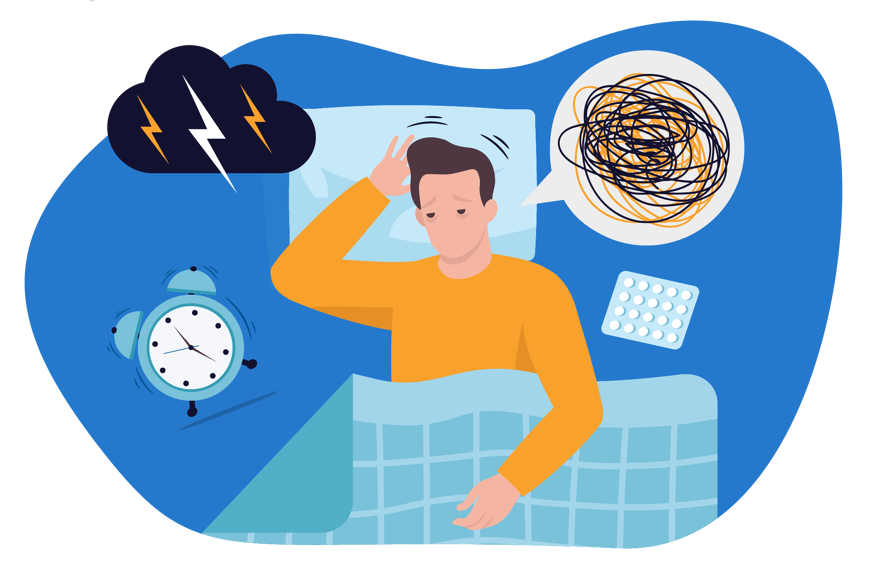
To make matters worse, dozens of other factors can significantly deteriorate sleep quality, many of which we don’t even notice at first, but they eventually manifest in the form of various health issues.
And what is considered bad sleep?
Many people recognise that they're sleeping poorly if they have a sleep disorder, struggle to fall asleep, can't stay asleep, wake up feeling groggy, or wake up in pain.
These issues can come down to factors such as sleeping on a bad mattress, having poor posture, or struggling with muscle tension. 🏋️♀️
Unfortunately, people often only think about making a change once they begin experiencing discomfort.
Ideally, we would be proactive and take action before the onset of pain or sleep disorders. 💪
Björn’s top tips for better sleep
Björn shared some of his top tips and tricks for better sleep.
How can you effectively improve sleep quality?
There are three things that can definitely help improve the quality of your sleep:
- Make sure your bed setup is ergonomically ideal (i.e. that it guarantees correct posture) to provide comfort and support.
- Address poor posture and muscle tightness, as these often lead to tension that negatively impacts sleep.
- Consider looking into sleep training, which can improve your sleep quality and even have positive effects on exercise and nutrition by increasing energy levels.
By taking these steps, you can enjoy better sleep and improve your overall health and well-being. 🧘♀️
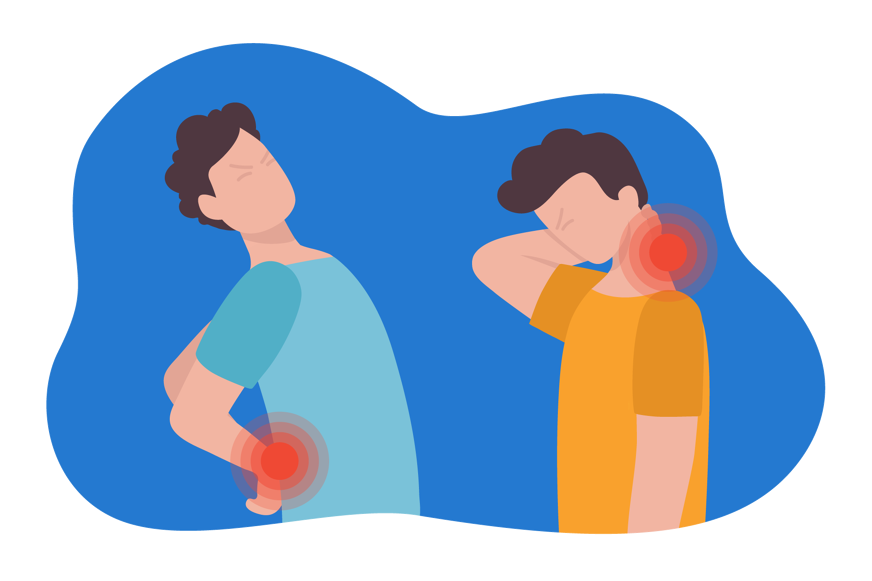
Which relaxation techniques would you recommend?
Our evolutionary programming is quite different from the modern lifestyle we lead today.
We’re no longer living in our natural environment - but returning to living in caves is simply not an option.
That said, we can still access some of our primal drives and find ways to live more harmoniously. 👍
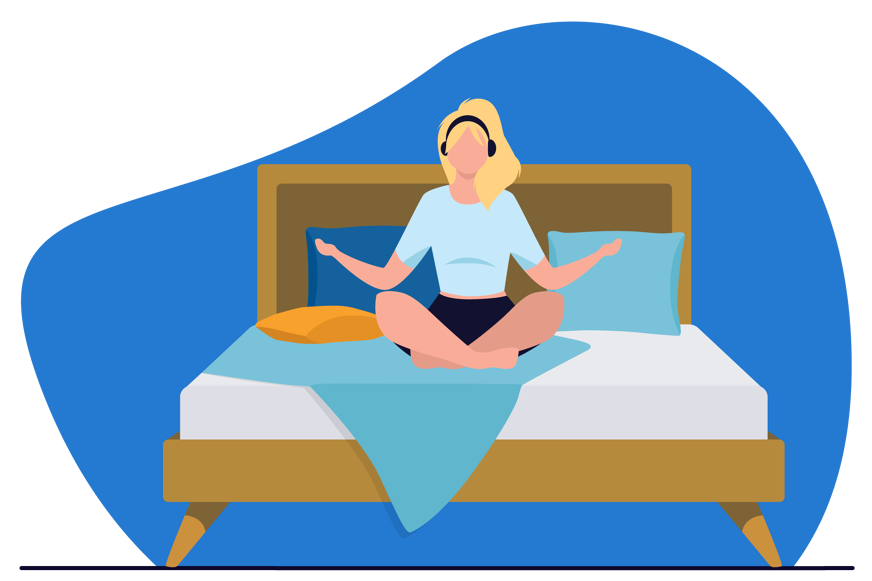
This can’t be achieved solely through meditation or other short-term remedies.
Instead, we must adopt a long-term approach and address the core issues.
This is where sleep training comes into play - it can help us learn new habits and establish a routine that’s conducive to better sleep.
What’s your ultimate tip for morning grouches?
Regular wake-up times (even on weekends), a daylight lamp in the bedroom, and never hitting the snooze button. ⏰
What tips would you give someone who has trouble falling asleep?
Having trouble falling asleep is already considered a sleep disorder, which can lead to short-term illness.
Björn says: “That’s why our sleep training programme, Fit For Sleep, focuses on how our daily routine impacts our sleep patterns.”
There are many habits we engage in throughout the day that can disrupt our ability to fall or stay asleep. 🤔
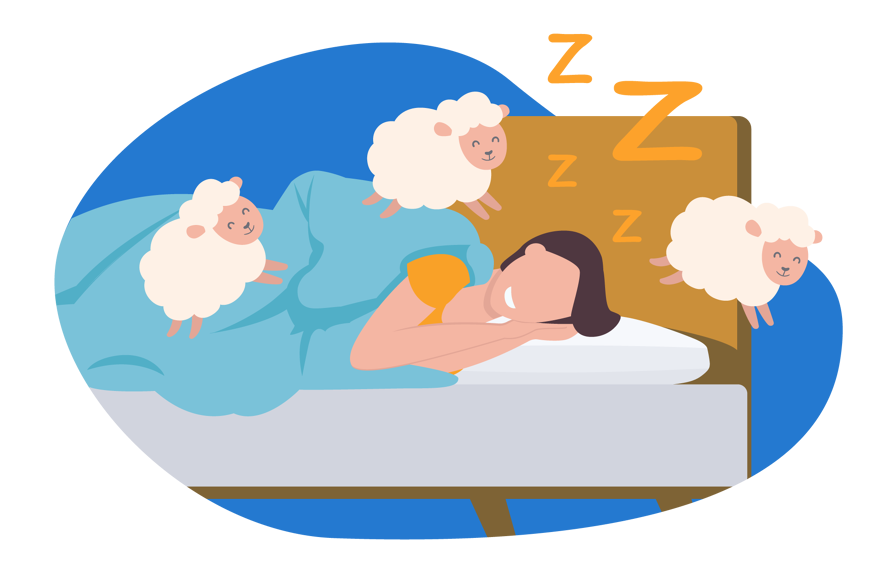
By identifying these habits and making positive changes, we can take steps towards getting better sleep and improving our overall health and well-being.
Are there certain conditions that affect sleep quality?
Some conditions can certainly affect our quality of sleep.
Do some people just sleep more poorly naturally?
Potentially the worst quality of sleep is experienced by individuals who lack routine and regularity in their daily lives.
People with shift-based professions have the highest percentage of sleep disorders. 👨⚕️
Does age affect sleep quality?
While it's commonly understood that seniors sleep less [2] and children sleep more, the sleep habits we build still affect all ages the same.
Certain biological changes may occur, but this doesn't take away from the importance of prioritising sleep.
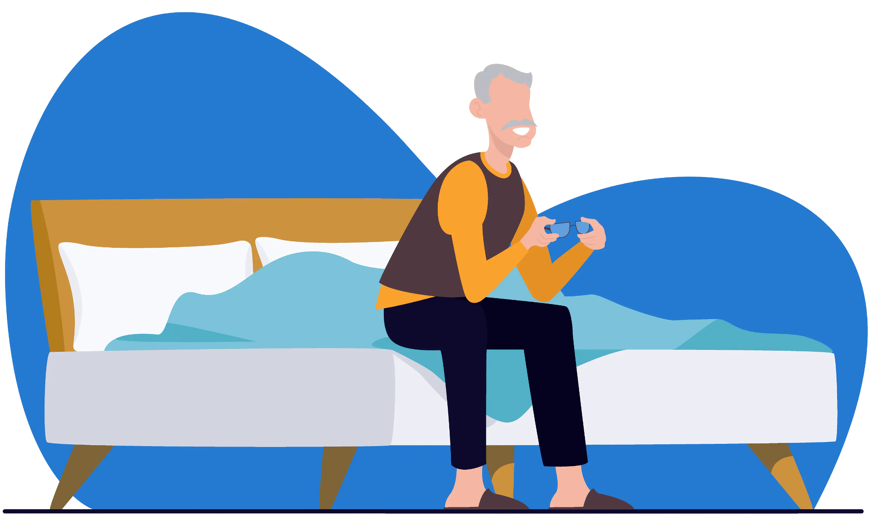
It’s important to establish and maintain healthy sleep habits throughout our lives to ensure we get the restorative sleep we need - regardless of age. 👧
Björn’s thoughts on some hot sleep topics
We also asked Björn for his thoughts on some more controversial sleep topics.
What do you think of the “waking up at 4 am to increase productivity” mindset?
This is not a good practice and can actually make us sick.
We often have very little time for regeneration in our busy lives, and cutting into our sleep can be detrimental to our health.
In fact, sleep is the most important source of regeneration for our bodies.
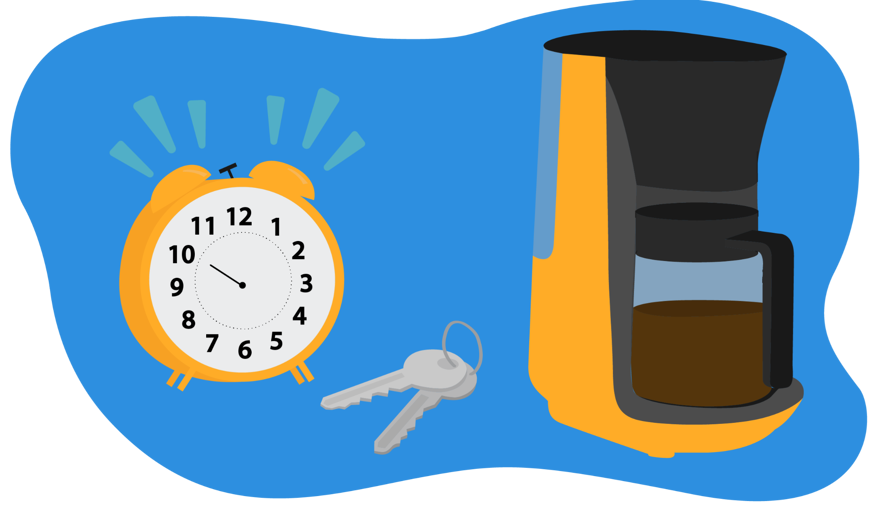
Anyone who thinks they need to wake up at 4 am to be more productive may have a completely different set of problems that requires attention.
What’s your opinion on sleep apps and modern sleep gadgets?
Making a blanket statement on this topic is very difficult.
But one thing is clear: humans are naturally lazy and resistant to behaviour change, which is a crucial aspect of improving sleep quality. 🤷♂️
Many people turn to gadgets, thinking these can solve their sleep problems.
“This is comparable to buying the most expensive running shoes to run a marathon without proper training,” says Björn.
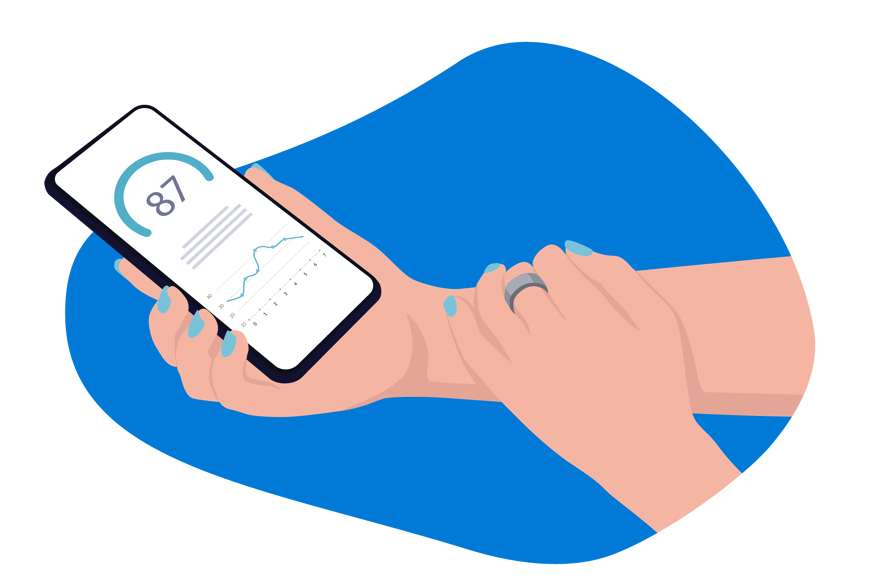
These gadgets can support and monitor, but one still needs to put in the work. 🗒️
If you’re looking to change your sleep, your chances of success are significantly higher when working with a real human sleep coach than when relying solely on electronic devices with chips and colourful displays.
Björn Steinbrink and Sleep Hero
We’re so happy to have Björn on our team of Sleep Hero experts.

With his help and guidance, we can share all the best tips on sleep quality, and we look forward to his expert advice on a range of topics. 🥳
You may be interested in some of our other expert interviews:
- We chat with micro-nutritionist Muriel Bouquier Ouziel about the relationship between diet and sleep.
- Susanne Willekes, the Netherlands’ first qualified sleep coach for children, shares some of her coaching practices.
- We've picked British sleep therapist Andrew Green's brain on all things CBT-I.
You can also browse our blog for more. 😉
Contact Björn Steinbrink
Contact: To contact Björn, it’s best to reach out via Fit for Sleep on their online contact form [3], via email on kontakt@fitforsleep.de, or via telephone on +49 173 9929638.
Office: Morianstrasse 45, 42103 Wuppertal, Germany
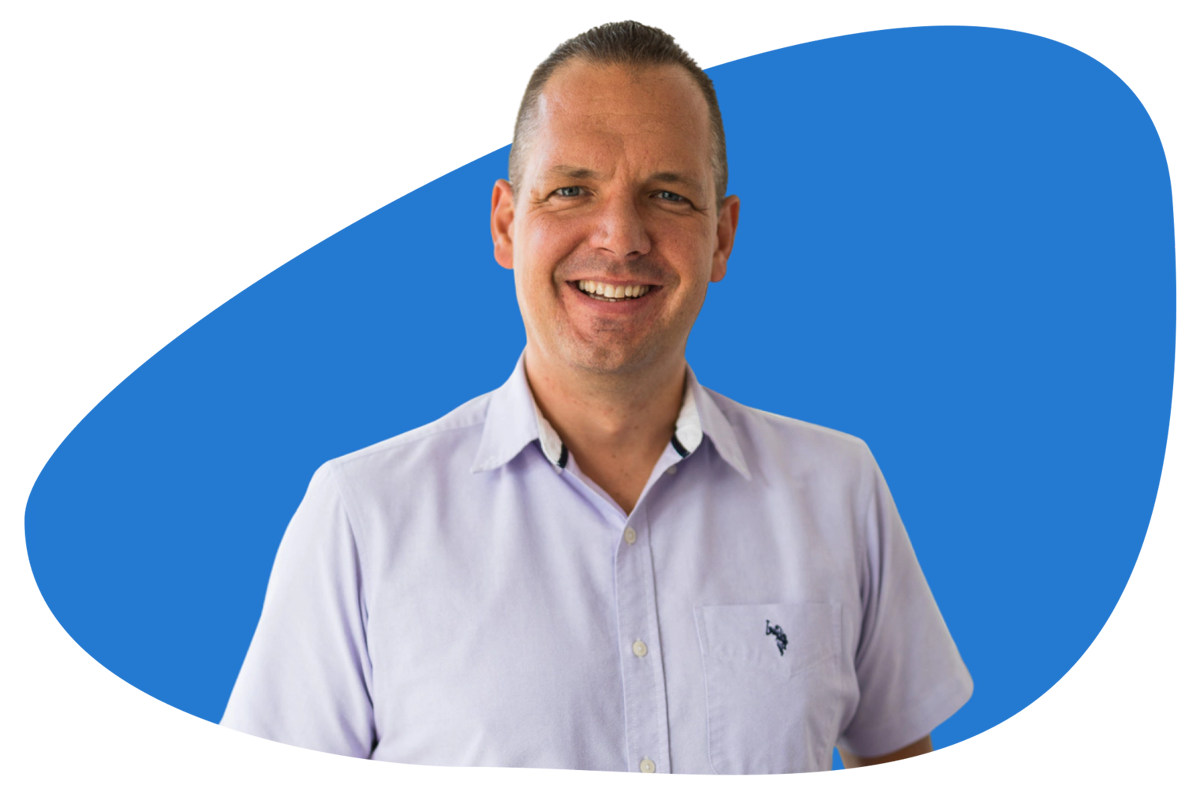





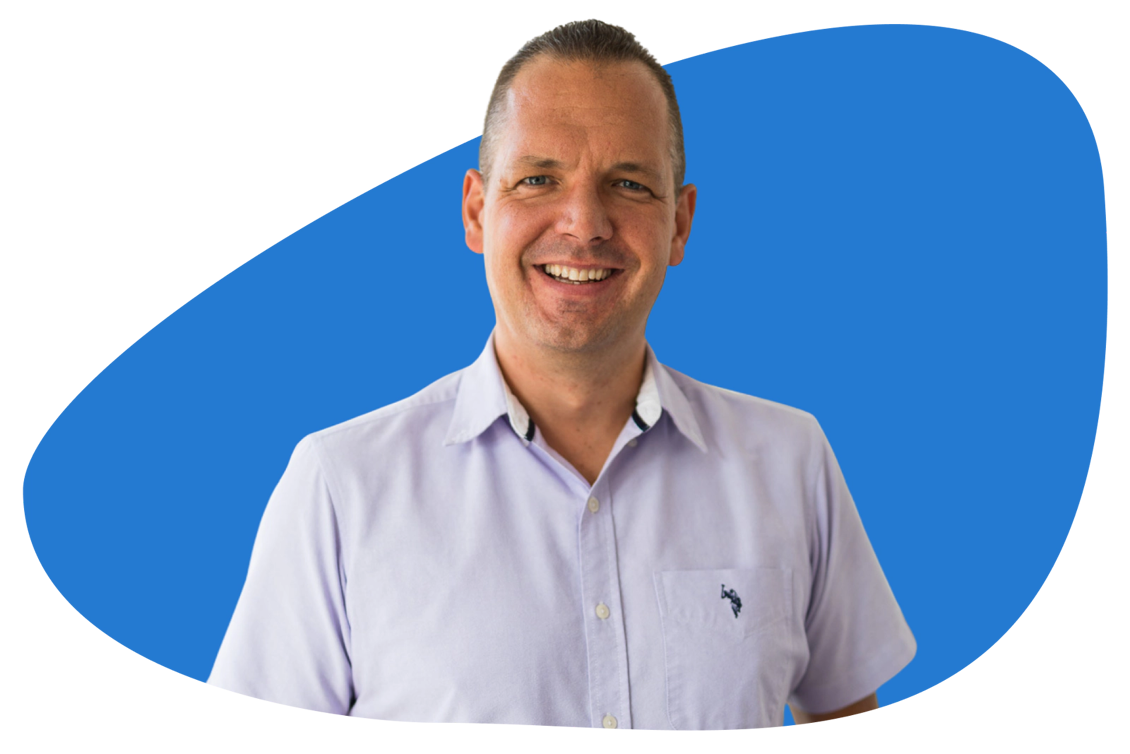
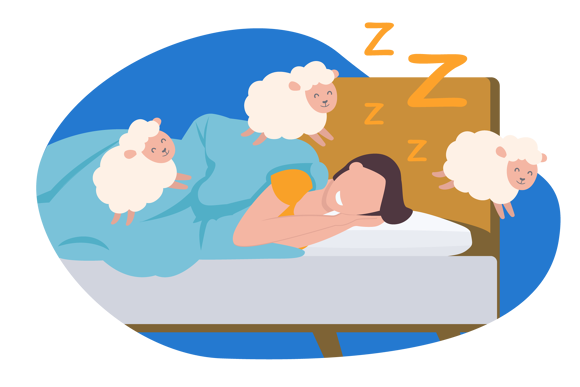
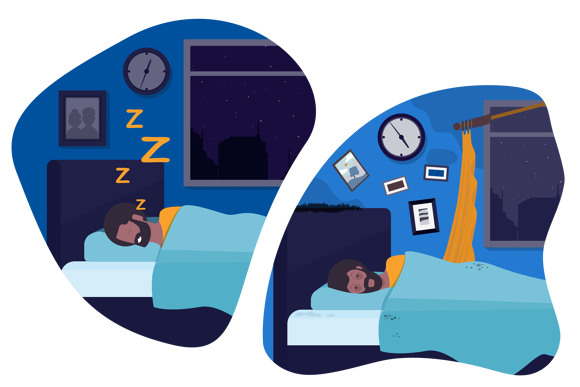
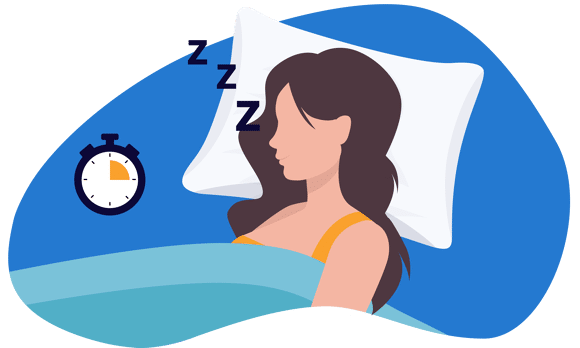


Alternatively, message us directly via the Contact Us page.